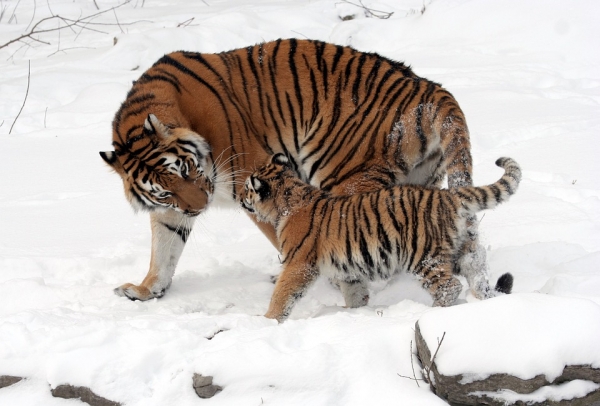Longer-lived mammals with fewer young are better able to cope with extreme weather, according to a new study.
“We can see a clear pattern: Animals that live a long time and have few offspring are less vulnerable when extreme weather hits than animals that live for a short time and have many offspring,” Owen Jones, a biologist at the University of Southern Denmark and co-author of the study, said in a statement. “Examples are llamas, long-lived bats, and elephants versus mice, possums, and rare marsupials such as the woylie.”
For the study, scientists tracked how populations of 157 different mammal species responded to periods of heavy rainfall, drought, and other shifts in climate. Overall, they analyzed 486 population records spanning 10 years or more.
Their analysis found that long-lived mammals with few offspring fare better against extreme weather as they can wait until conditions improve to reproduce or they can focus their care on a single young. Examples include African elephants, Siberian tigers, chimpanzees, llamas, vicuñas, white rhinos, grizzly bears, and American bison.
Read more at Yale Environment 360
Photo Credit: WikiImages via Pixabay


